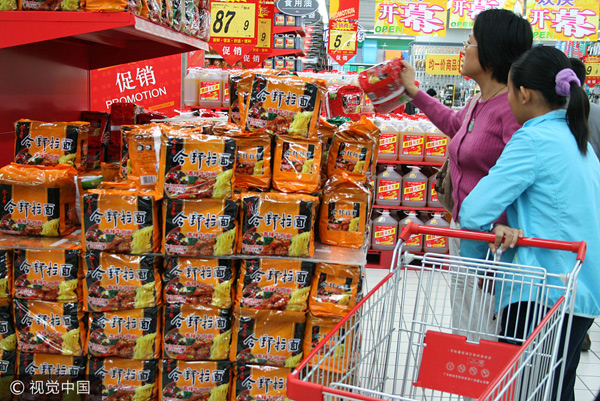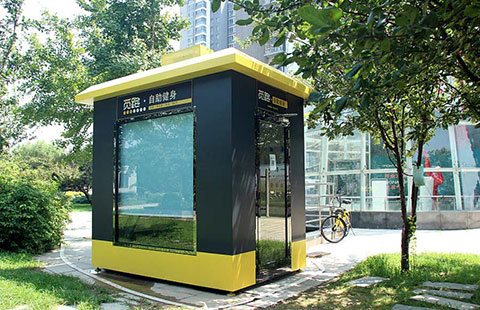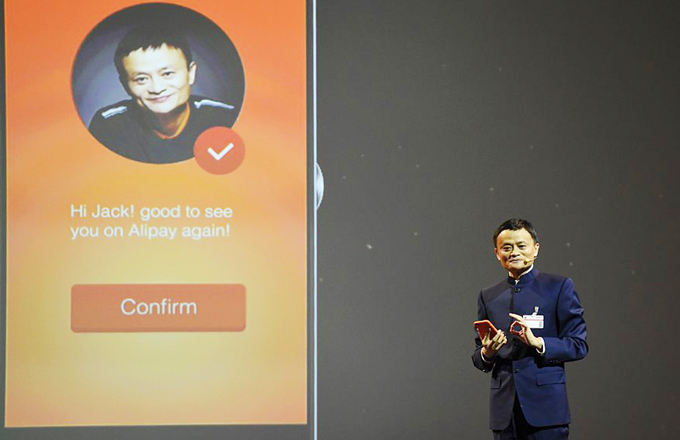Instant noodles market cools off
 |
|
A woman picks instant noodles in a supermarket in Haikou, Hainan province.[Photo/VCG] |
The increased popularity of take-out food and increased health consciousness among Chinese consumers have triggered a sharp decline in demand for instant noodles, pressuring major players in the field to enrich their cash flows by selling assets.
According to the World Instant Noodle Association, the demand for instant noodles was 38.5 billion servings in 2016, down 7.7 billion compared with three years ago or 16.6 percent.
In the first half, Uni-President saw its net profit drop sharply by 26 percent to 569 million yuan ($85 million) and its gross revenue was 11.1 billion yuan, down 7.06 percent. The company's revenue has declined for the fourth consecutive year.
Uni-President blamed the beverage business as the major reason for its declining revenue and profits, and its instant noodles unit recorded 3.95 billion in revenue, down 1.4 percent year-on year in this first six months of this year.
Its market share rose 0.1 percentage point to 20.9 percent, which means the overall market size is shrinking.
The weakening demand for instant noodles has had an especially negative impact on Master Kong, which has more than half of the market share. In 2016, Master Kong's instant noodle unit had revenue of $3.2 billion, down 25.24 percent from that of 2013. Master Kong's net profit in the first quarter has seen slight growth, but the number of employees at Master Kong has decreased by 15,000 people in three years.
The two major players have taken up 70 percent or more of the total market share, and the top four have accounted for nearly 85 percent of the market. It's natural, then, that the declining market has a big impact on the performance of the major players.
To gain sufficient cash flow, Uni-President has sold assets. On July 27, Starbucks announced that it would buy a 50 percent stake from Uni-President Enterprises Corp and President Chain Store Corp for about $1.3 billion in cash, its biggest single acquisition to date.
Meanwhile, Uni-President Enterprises and President Chain Store will acquire Starbucks' half share in President Starbucks Coffee Taiwan Ltd and assume 100 percent ownership of Starbucks operations in Taiwan of China for about $175 million.
Last May, Uni-President sold its 47.83 percent in Jinmailang, a Xingtai-based domestic instant noodles maker at the price of 1.29 billion yuan. Last November, Uni-President sold all its shares of Jianlibao beverage at the price of 950 million yuan.
Master Kong, meanwhile, sold part of its manufacturing facility and site this February for 216 million yuan.
According to the Instant Noodles report released by Mintel Group Ltd in January, the instant noodles market in China has continued to shrink, declining by 1.3 percent during 2014-16, as consumers become more and more health conscious, along with the declining working-age population and migrant population, which used to be heavy buyers of the food.
Also, the rising prices of raw materials have forced manufacturers to raise their retail prices, according to the report.
Foreign brands are taking up the market aggressively. The total import volume of products from South Korea increased by 134 percent from 2015 to 2016. Products from Japan and Malaysia are also popular in the Chinese market.
Consumers now have a wider variety of products to choose from, which means that domestic brands need to upgrade their product portfolio with healthier and tastier options in order to stay competitive, according to the report.



















